The Right Way to Price a Handmade Product: A Step-by-Step Guide
Pricing handmade items can be daunting for many business owners. Often, they find themselves in a panic, trying to determine the right price for their products. However, there's no one-size-fits-all formula for pricing handmade goods. Here's a step-by-step approach to help you price your handmade items effectively:
- Understand Your Costs
To start, calculate all your costs associated with making and running your business, including materials, production wages, overhead expenses, and wages for administrative tasks. This ensures that you cover all your expenses and are compensated fairly for your time.
Costs Formula:
Materials + Production Wages + Overhead Expenses + Overhead Wages = Costs
- Factor in Profit
Your business must generate profits to sustain itself and grow. Calculate your desired profit margin and incorporate it into your pricing structure. This ensures that you're not just covering costs but also earning a profit for your efforts.
Profit Formula:
Costs + Desired Profit = Base Price

- Add Markup
Markup Formula:
Base Price + Markup = Retail Price
Example: Pricing Scrunchie
Let's illustrate this process with an example of pricing scrunchies:
- Calculate production costs per scrunchie.
- Determine overhead costs per scrunchie.
- Add production and overhead costs to get the total costs per scrunchie.
- Incorporate desired profit margin to calculate the base price.
- Finally, add markup to establish the retail price.
The Right Way vs. The Wrong Way
The traditional pricing formula often falls short because it fails to account for actual overhead expenses and profit margins. By following a comprehensive pricing strategy, you ensure that your prices accurately reflect your costs and allow for sustainable growth.
Tips for Success
- Test and Adjust:
Regularly review and adjust your prices to ensure they cover all expenses and generate profits. Use tools like pricing calculators and spreadsheets to track your costs and pricing strategies effectively.
- Consider Value-Added Services:
Offer additional services like gift wrapping, customization, or personalized notes to increase the perceived value of your products and justify higher prices.
- Educate Your Customers:
Communicate the value of your handmade products through storytelling, blog posts, or social media content. Help your customers understand the time, effort, and skill that goes into each item.
- Build Your Brand:
Invest in branding to differentiate your products and create a strong emotional connection with your customers. Quality packaging, professional photography, and consistent messaging can elevate your brand and justify higher prices.

Helpful Resources
- Etsy Fee Calculator:
Use tools like Etsy Fee Calculator to estimate your selling fees and factor them into your pricing strategy.
- Craft Show Budget Template:
Download a craft show budget template to plan and track your expenses for selling at craft fairs or markets.
- Pricing Guides and Workshops:
Attend workshops or read guides on pricing strategies for handmade businesses to gain insights and best practices from experienced entrepreneurs.
Conclusion
Pricing your handmade items requires careful consideration of costs, profits, and market demand. By following a structured approach and leveraging helpful resources, you can ensure the financial sustainability and success of your handmade business.
















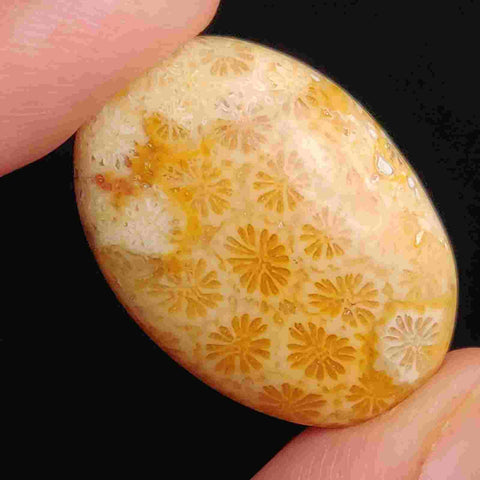




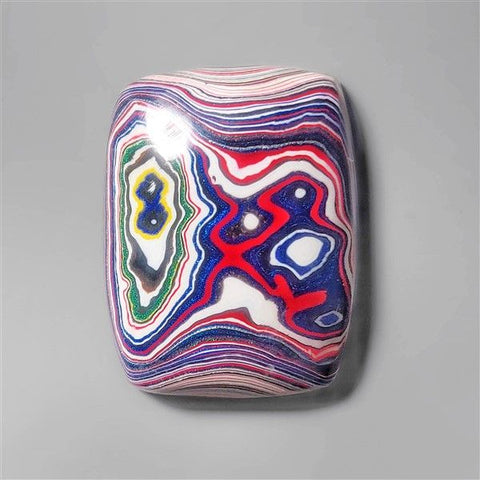

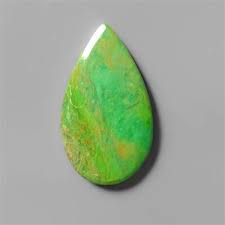


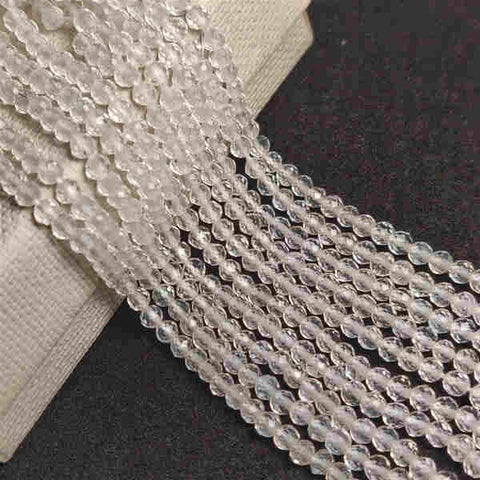



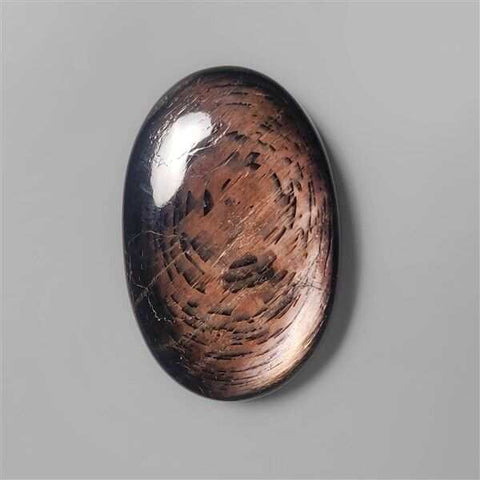




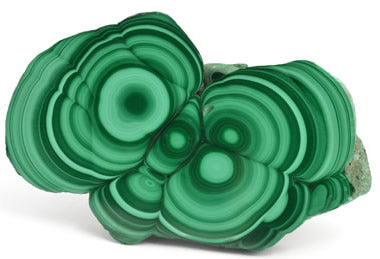
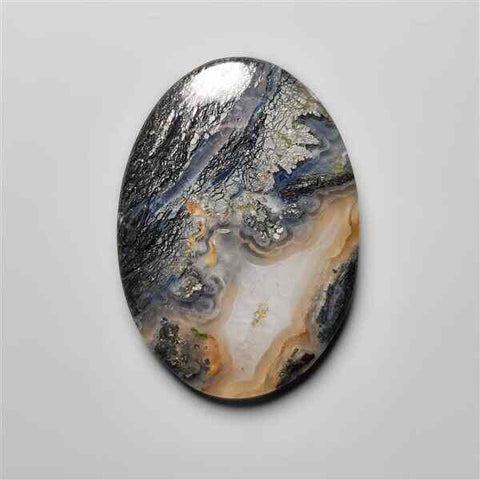
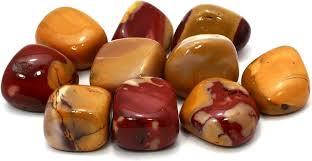







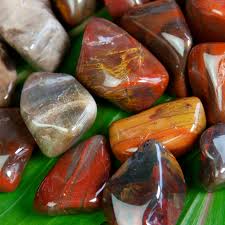



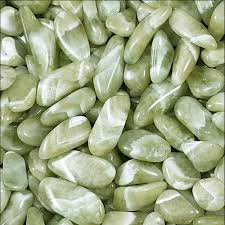

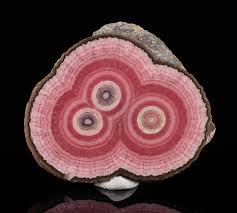
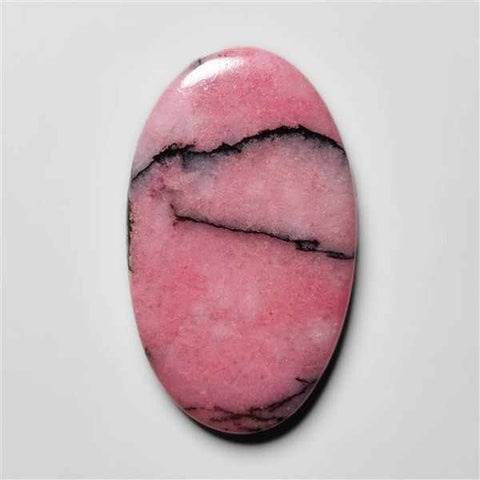


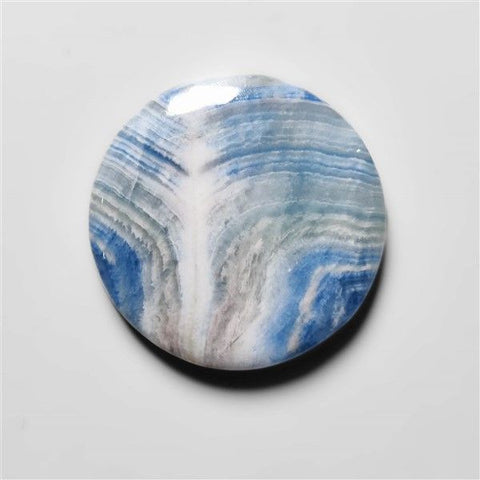

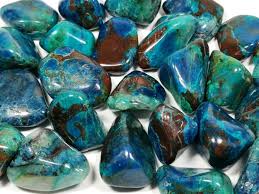



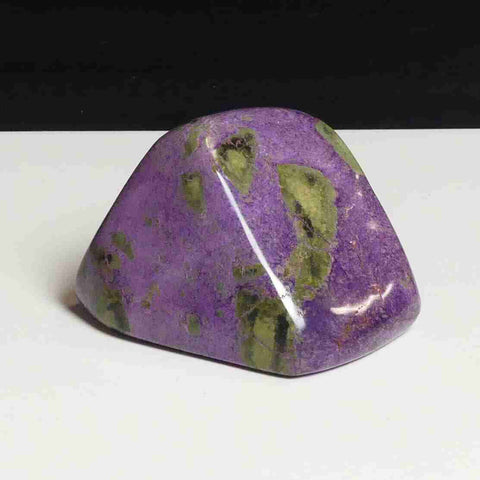
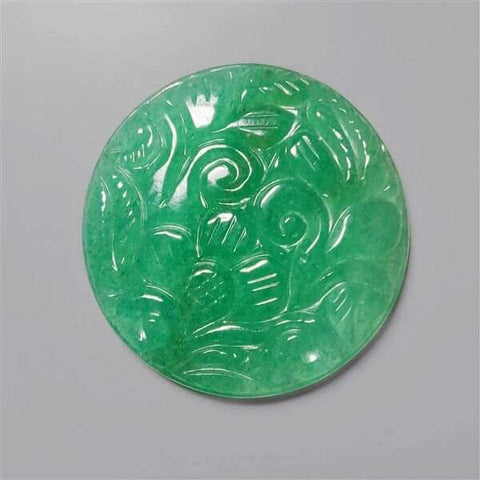




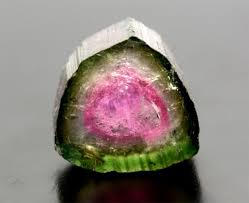

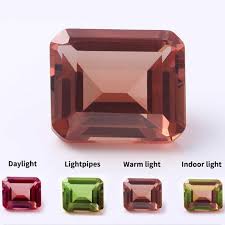
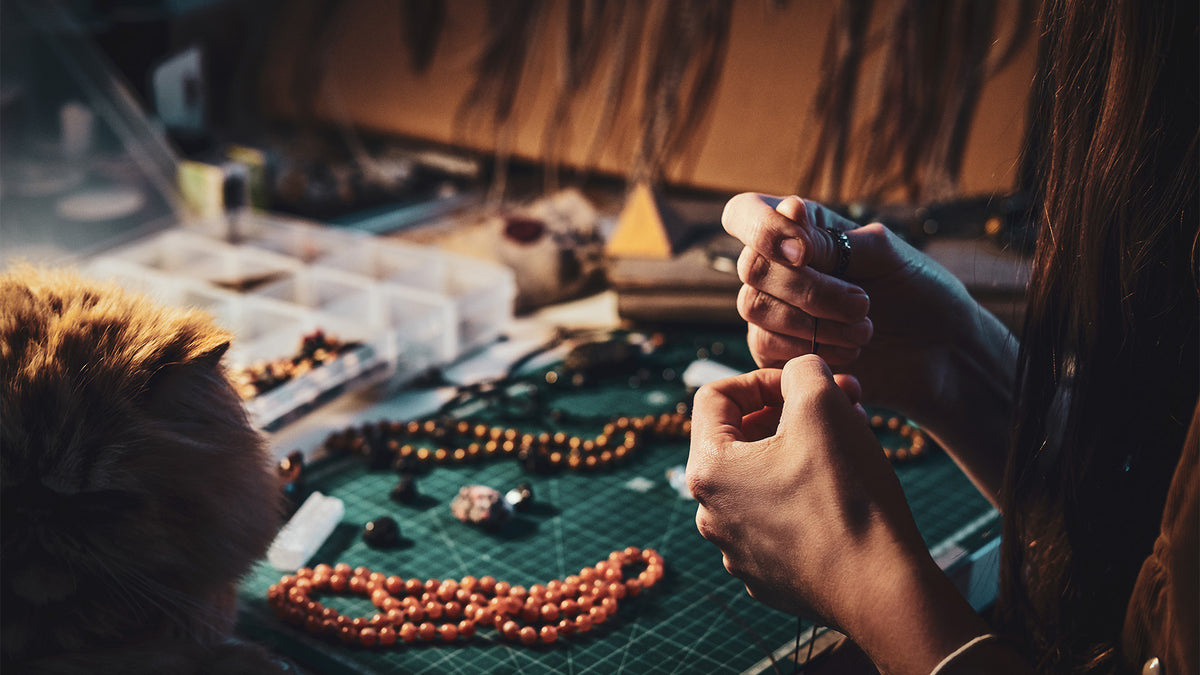



Post Comment